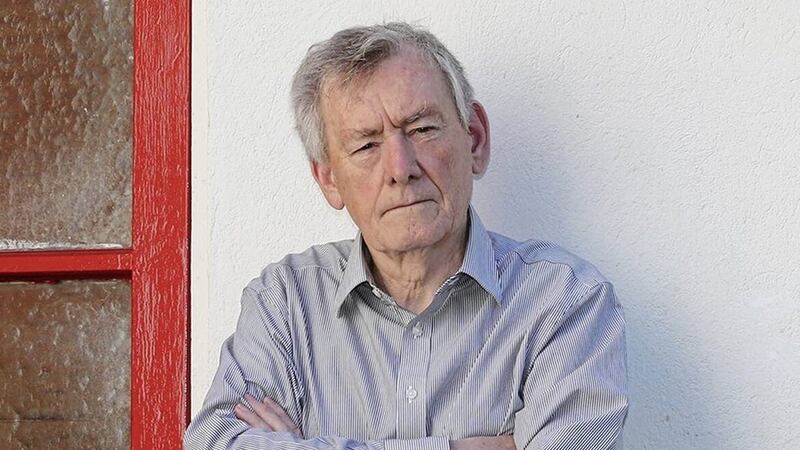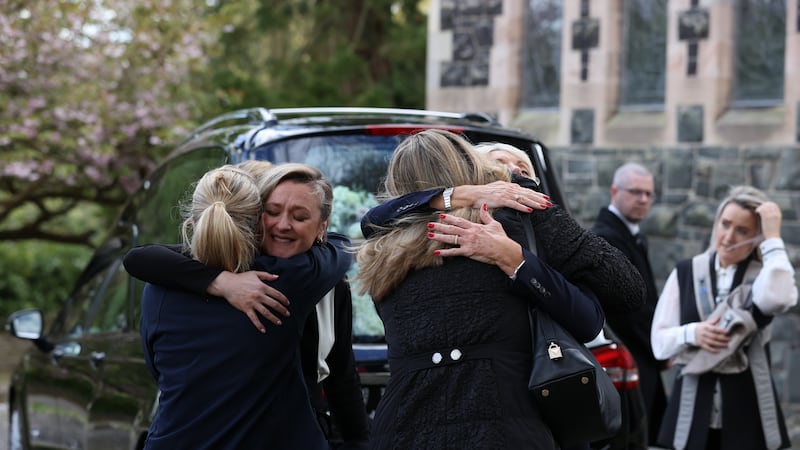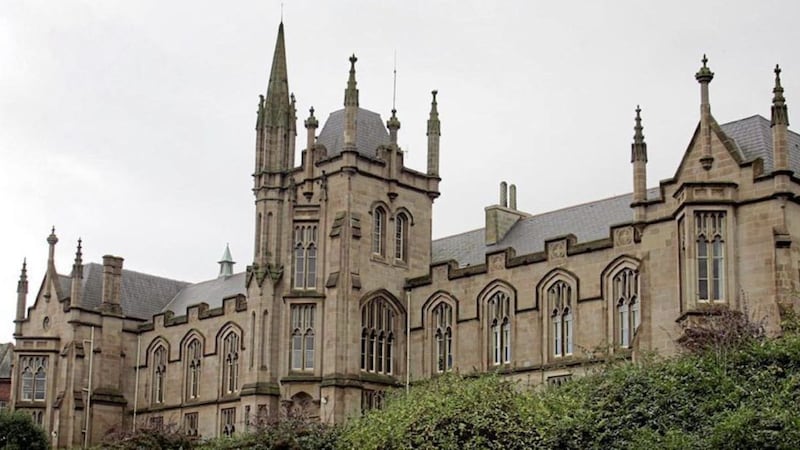Beyond the immorality and the futility of the shooting of John Caldwell, there are issues that need addressed.
The most obvious one is whether the dissidents should be left to the security services, north and south, or, alternatively, should they be negotiated with, and mildly placated by the political authorities? Or, as would be the reality, should it be a mixture of both?
That question has dominated our politics, in one fashion or another, preceding and including the Good Friday Agreement.
To answer the question requires some understanding of republican dissidence and some analysis of the responsibility of political authority.
Those who write about groups like the New IRA inform us that they are not psychopaths, that they are not killing for the sake of killing. That they have a morality and a strategy that is rooted in our long and twisted Anglo/Irish history.
They tell us that their morality is rooted in keeping a flame of violent resistance alive. Kept alive so that it can be fanned into a fire at a time in the future when the people are more willing to back the armed struggle to remove Britain from Ireland.
We are told that the groups are realistic about their militaristic impact. That they were annoyed when Martin McGuinness described them as ‘militarily pathetic’ but that many of them would not quibble with the accuracy of the description. Also, that they are conscious of the very limited support they have within their own community and the disdain in which they are held by their former colleagues in the Provisional IRA.
But they claim that those observations misunderstand the purpose of their existence. Their raison d’etre is to keep the flame of militancy and resistance to British occupation alive. That they are the present manifestation of the continuum that is Irish militant republicanism.
Fianna Fáil, they argue, were once the keeper of that flame. The Official IRA kept it lit for many years until pushed aside by the Provisional IRA. As the flame was about to die on the altar of the peace process and the Good Friday Agreement, small dissident groups leapt in to keep the flame alight and to claim the legacy of that history.
Understanding that linear history doesn’t distract from the simplicity and the fundamentalism that is contained within it. It is scary that so much complex history is ignored or demeaned. There is no acknowledgement that all those previous flame-keepers ultimately turned their backs on violence and substituted it with politics. There is a blind eye turned to the fifth or more of the population of the island who define themselves as British.
And to believe that a future generation of nationalists and republicans will convert to a militaristic mentality is the stuff of cloud cuckoo land.
The second part of the question, the role of the political authorities, is also complex. Government ministers get nervous of going to the hard places where the hard attitudes have to be addressed. Added to that is that dissidents don’t want to be steered or attracted into politics, which they regard as corrupt.
The one place that might provide an insight to the prospect of light-touch negotiations is the prisons, north and south.
Mo Mowlam went to the Maze prison to talk to loyalist prisoners. It was at the height of the tension around the Good Friday Agreement. History said her visit helped change the attitudes of some of the most extreme loyalist groupings.
It was a British government politician who had to go, with the authority she embodied. It was past the point of emissaries, who governments often send to open doors.
Perhaps it is time the Irish government went to the hard places to confront the so-called hard men. It is a role that only an Irish government can play in trying to extinguish the idolatrous and murderous flame of militant republicanism.









